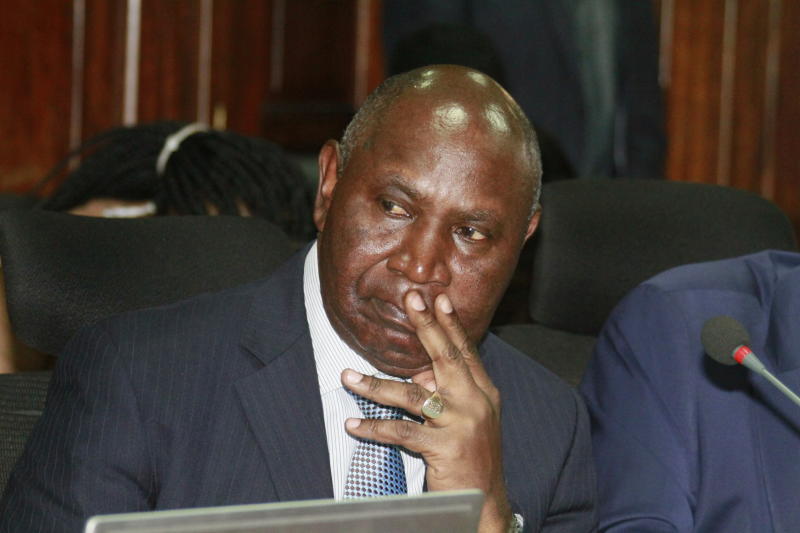×
The Standard e-Paper
Stay Informed, Even Offline

Auditor-General Edward Ouko has cited poor budgetary allocation, threats and accusations of political bias as some of the main challenges he has faced during his eight-year tenure.
Mr Ouko, whose non-renewable tenure ends this month, said budget makers had made his office resemble a ministry, as it was placed under the control of the National Treasury, affecting its independence.